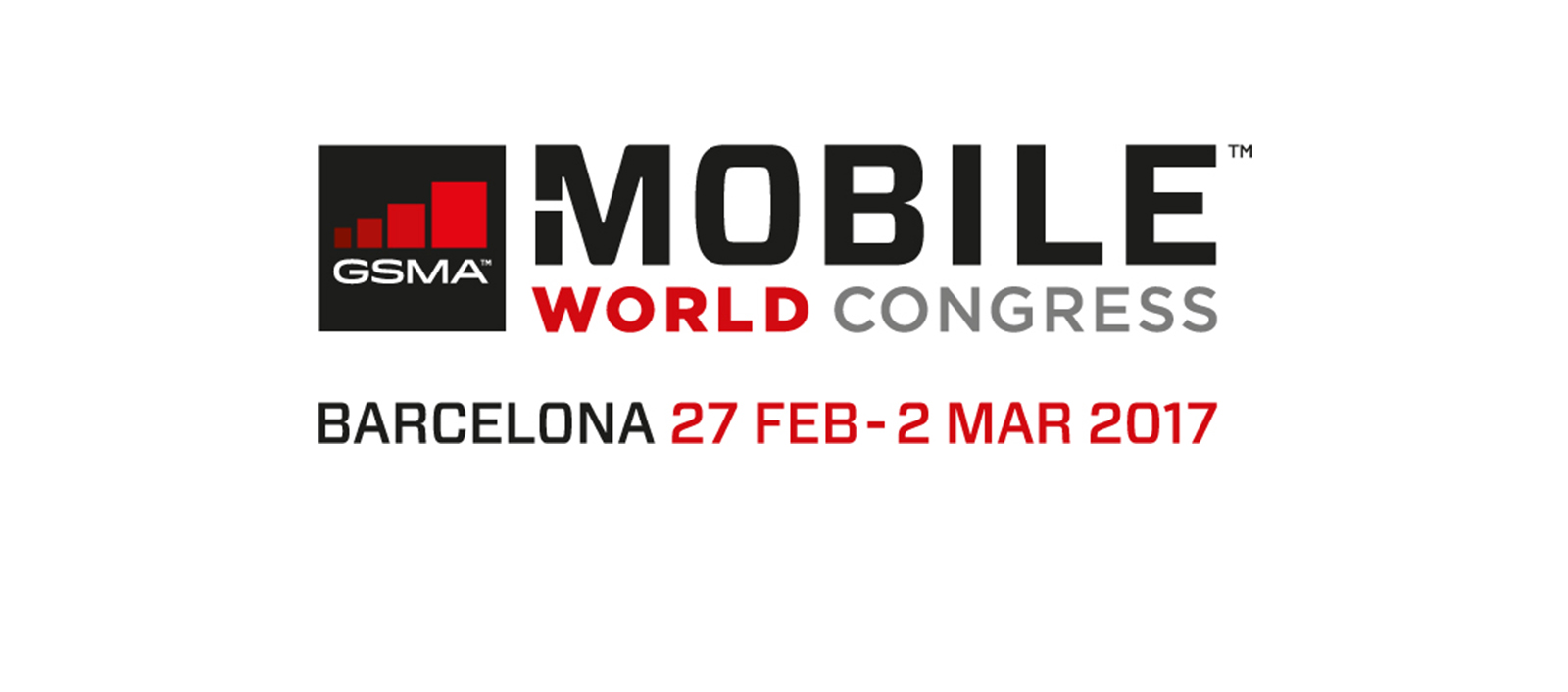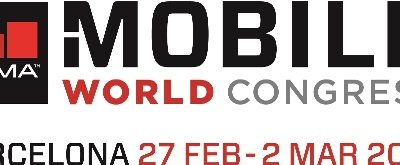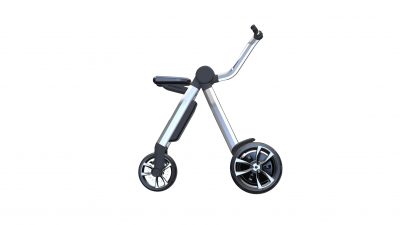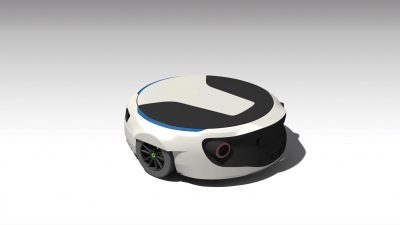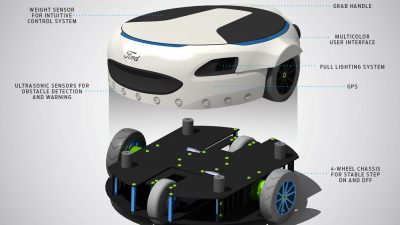- De ‘stad van morgen’ voorziet in het overwinnen van de uitdagingen in grote steden zoals continu vaststaand verkeer en luchtvervuiling
- Ford medewerkers ontwikkelen innovatieve ideeën rondom deze visie – zoals een concept dat aantoont dat autonome voertuigen en drones samen kunnen werken om bezorgdiensten in de stad te transformeren
- ‘Autolivery’ service en innovaties, waaronder zelfrijdend platform Carr-E en TriCiti (een innovatieve driewieler) worden gedemonstreerd op het Mobile World Congress
- Ford is van plan om een volledig autonoom, SAE niveau 4 voertuig voor commerciële toepassingen in mobiliteitsdiensten zoals taxiritten of pakketbezorgers te leveren in 2021
Al meer dan een halve eeuw, hebben bestelauto's een belangrijke rol in het leveren van diensten gespeeld. Drones zijn een modern fenomeen. Maar deze twee zouden samen kunnen werken om de mobiliteit in stedelijke gebieden te verbeteren, als voorbeeld van de visie van Ford op de "stad van morgen". Meer over deze visie leest u in onderstaand Engelstalig persbericht. Lees verder
Downloads
Self-driving vans could quickly and efficiently transport everything from groceries to urgently needed medical supplies on the ground, with drones able to take to the air for the final leg of the journey to reach destinations inaccessible by car, such as high up in a tower block – or where parking would be difficult, impractical, or unsafe.
The innovative “Autolivery” concept of using electric self-driving vans together with drones to pick up and drop off goods and packages in urban areas can be experienced through virtual reality headsets at Mobile World Congress, the world’s largest gathering for the mobile industry, in Barcelona, as part of Ford’s vision of the “City of Tomorrow”.
The experience showed dinner party preparations, with a missing ingredient quickly ordered and delivered in time to add to the recipe. As new data reveals that motorists in Europe’s cities spent up to 91 hours sitting in congested traffic during 2016, the “Autolivery” service illustrates how new technologies could improve the lives of consumers with smart connected homes, and help to pave the way to a more sustainable future. *
“Ford has at its heart a culture of disruption and innovation designed to come up with solutions that put people first, to save them time, money and aggravation, and also to make our cities easier to navigate and better to live in,” said Ken Washington, vice president, Research and Advanced Engineering, Ford Motor Company. “While the scene shown today is not yet possible, ‘Autolivery’ suggests how our ongoing mobility research could enrich our lives in a more sustainable ‘City of Tomorrow’.”
“The City of Tomorrow” envisages overcoming mobility challenges in urban environments, including gridlock and air pollution to help people move more easily today and in the future. Roads could be converted into green space and parks, allowing for higher quality of life and healthier communities. The company regularly invites employees, entrepreneurs and start‑ups to develop innovations through hackathons and challenges. “Autolivery” was developed by Shanghai-based Ford designers Euishik Bang, James Kuo and Chelsia Lau who responded to Ford’s Last Mile Mobility Challenge – to come up with mobility solutions for urban areas.
“It’s all about making life in the city easier. Harnessing autonomous and electric vehicle technology with drones to quickly and easily send and deliver parcels could help to make life better for everyone,” said Bang. Also developed for Last Mile Mobility Challenge, and shown at Mobile World Congress, were the electric rideable platform Carr‑E and the folding electric tricycle TriCiti.
Ford intends to have a fully autonomous, SAE level 4-capable vehicle for commercial application in mobility services such as ride sharing, ride hailing or package delivery fleets in 2021. It also expects continued growth in electrified vehicles offerings, to the point where they outnumber their petrol‑powered counterparts in the next 15 years. Shared modes of transportation will continue to gain popularity and connected communications between vehicles and infrastructure will grow.
“We are challenging ourselves to understand how people live, work and move in urban areas, to inform our research in mobility technologies and solutions,” Washington said.
# # #
* http://inrix.com/press-releases/traffic-congestion-cost-uk-motorists-more-than-30-billion-in-2016

